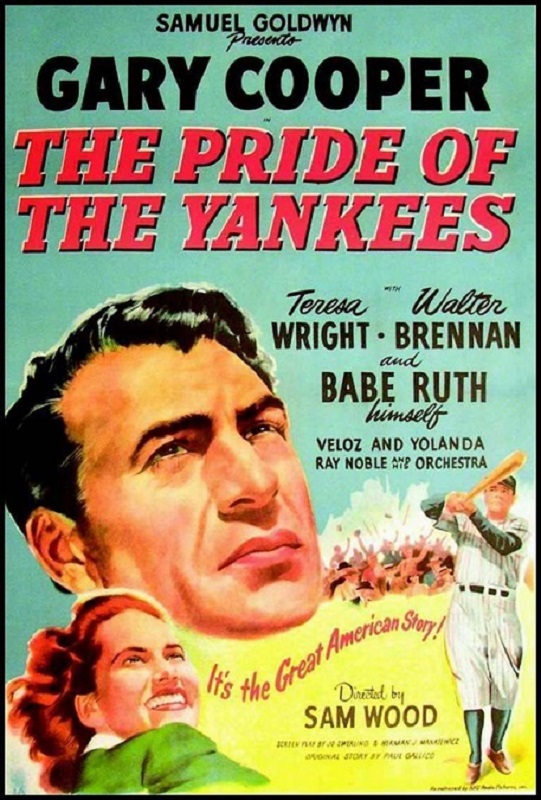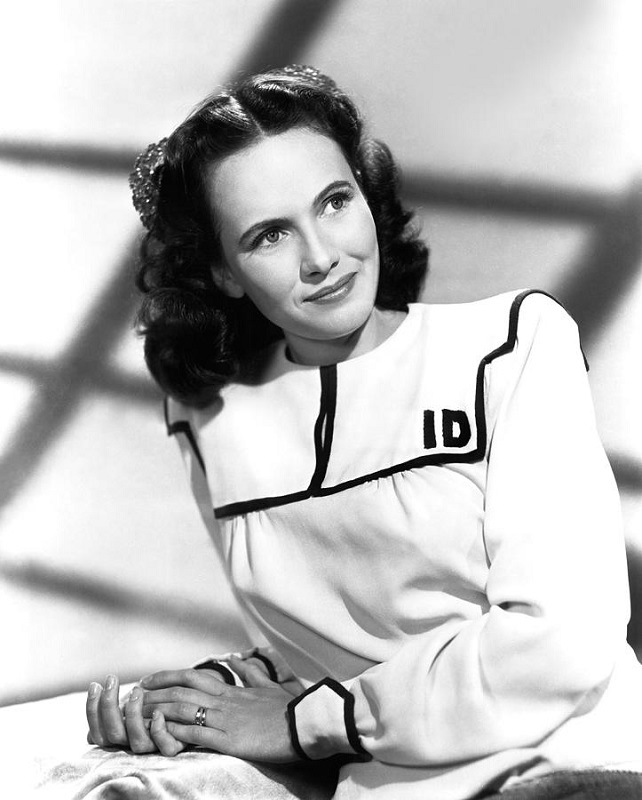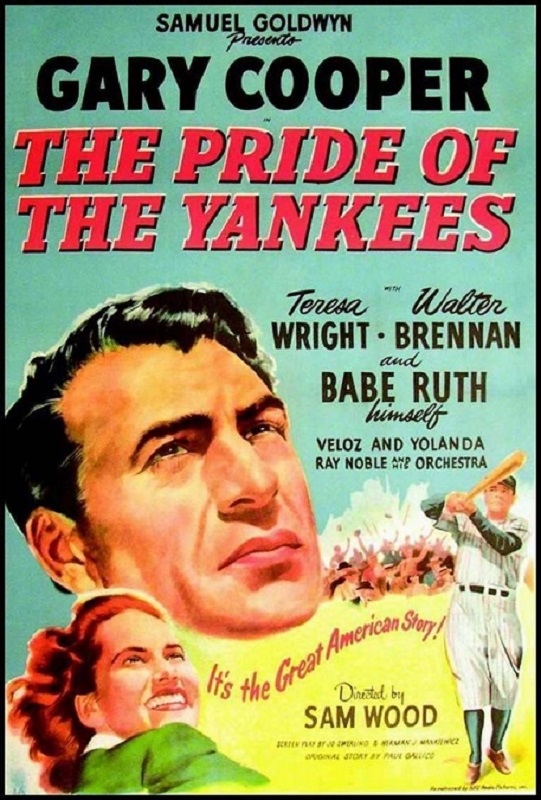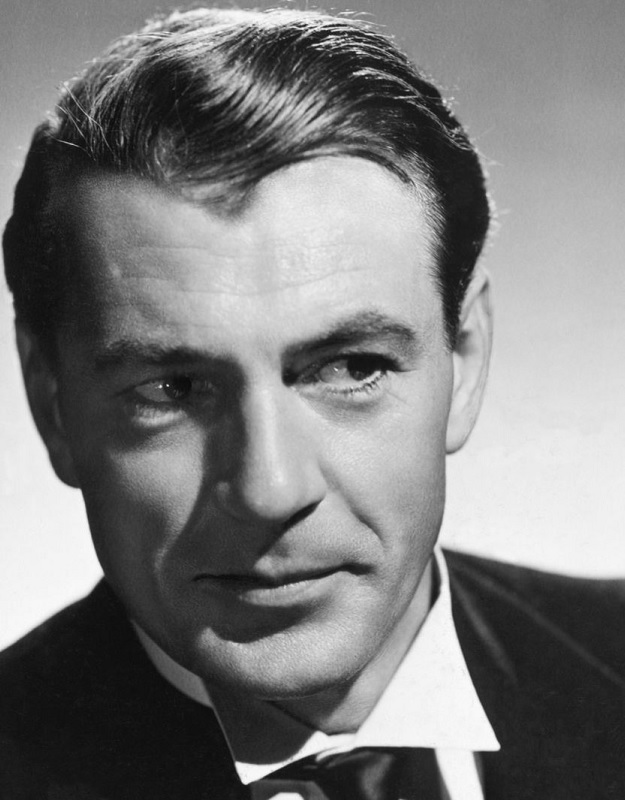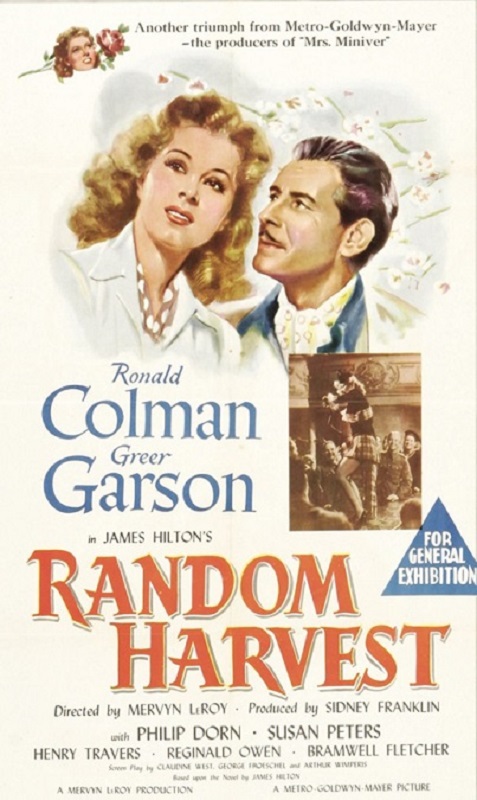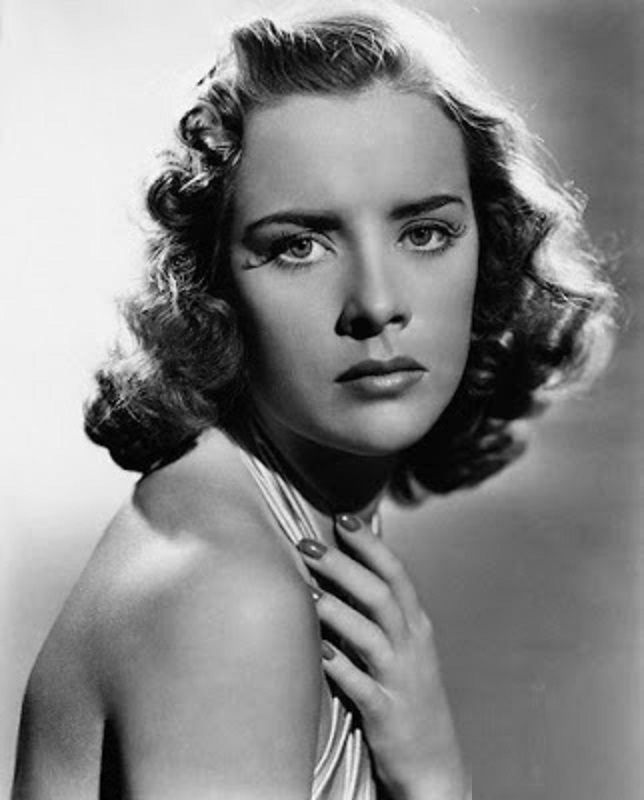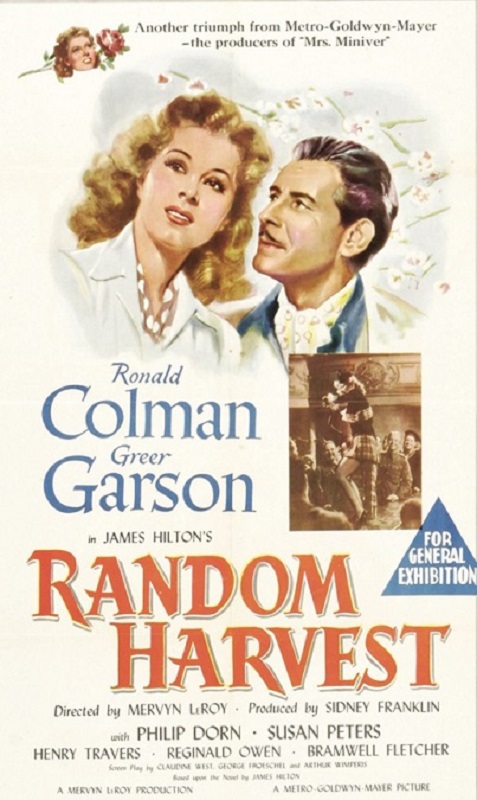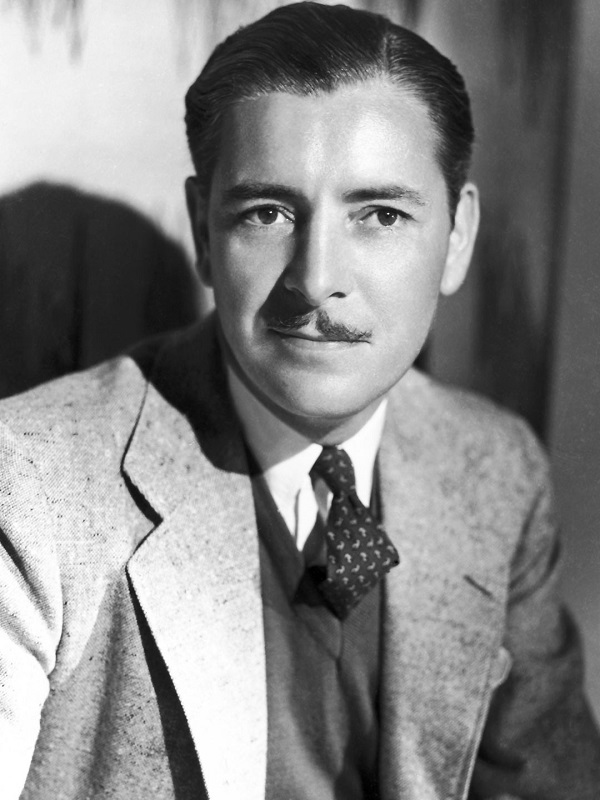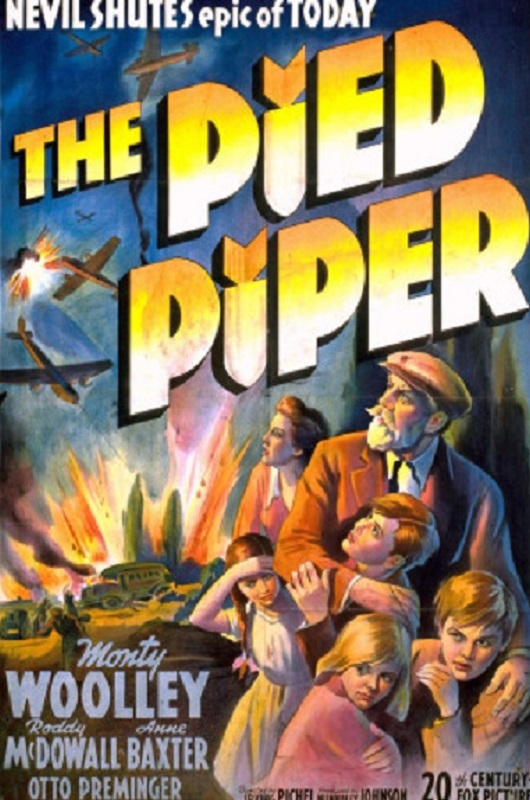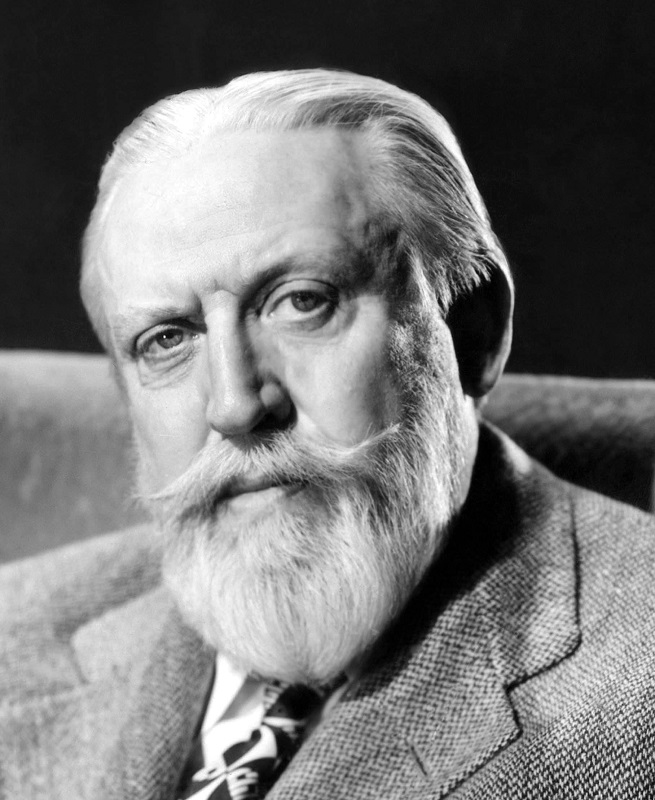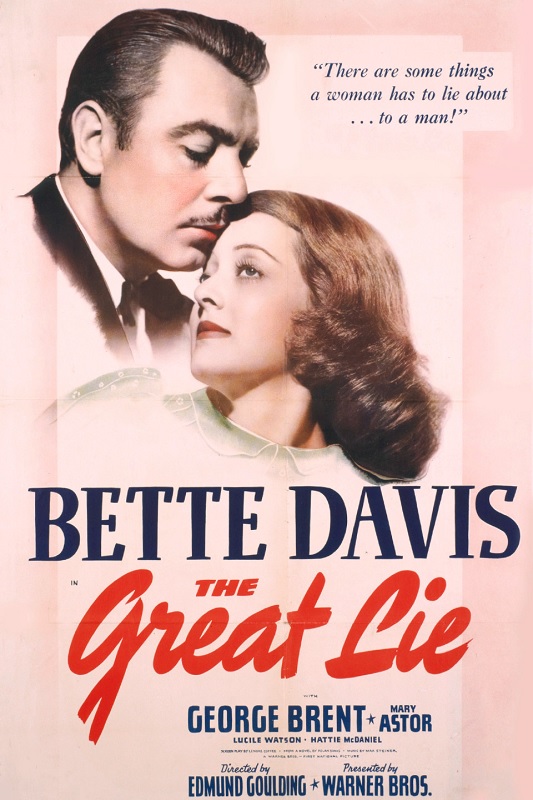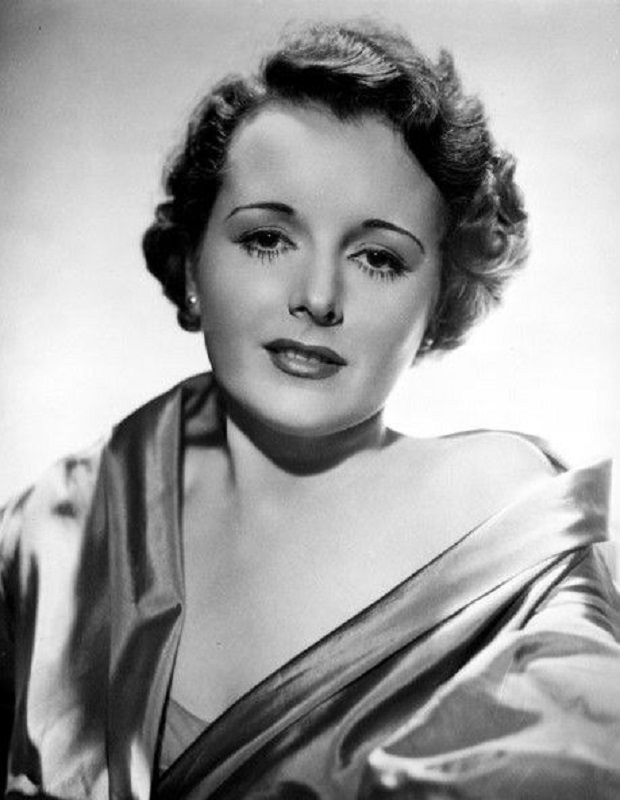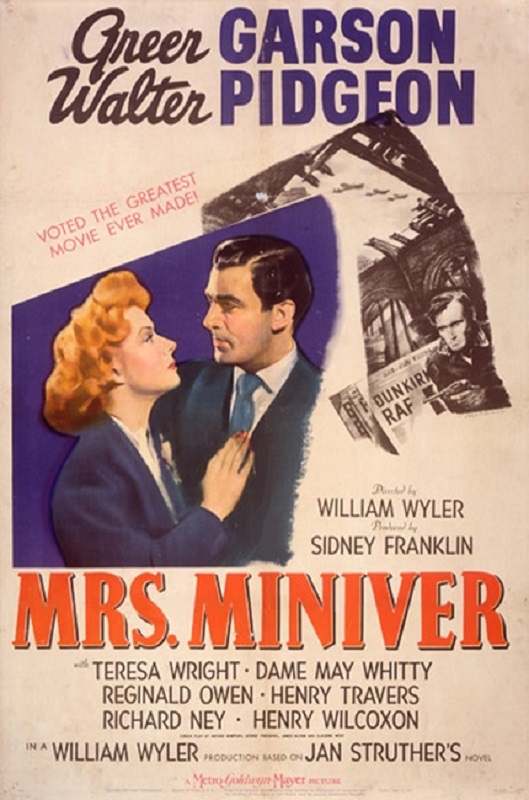
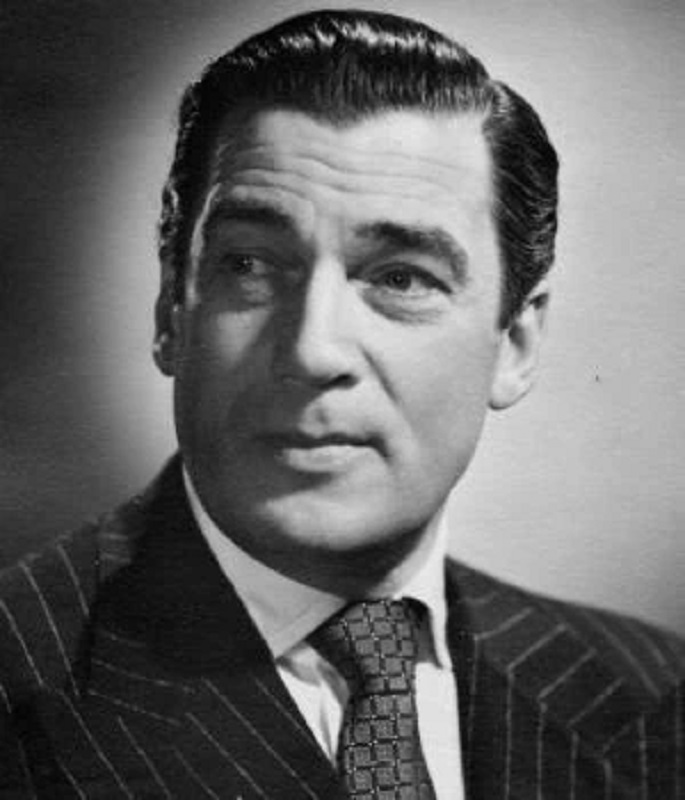

1942 – Walter Pidgeon
Mrs. Miniver
To be honest, I have mixed feelings about this nomination. I’ve seen the film several times, and I really never gave the character of Mr. Miniver much thought. And that’s the problem. Was he the male lead? Yes, I suppose, but was he really a leading man in the story? I’m not really sure. He seemed very much like a supporting character. The story had a main character, which was, of course, Mrs. Miniver, played by Greer Garson. But much of the time, Clem Miniver just seemed to be along for the ride. He was almost always in the background, or sharing the screen with Greer Garson, and he had very few close-ups of his own.
And I have a particular problem with his performance. He absolutely created a wonderful character. He was likeable, handsome, and charismatic. But he had a distinctly American accent. I don’t know if that was intentional, trying to give the film an attachment to the American public, but he was the only actor in the movie that was not British. And a single line would have solved the problem, mentioning somehow that Mrs. Miniver was married to an American man, but his national origin was never addressed. And every now and then, though it was very inconsistent, he would attempt to have a British accent, but it was muddy, at best. No, he was American, and there was no mistaking it.
Putting those things aside, he actually did a pretty good job. He was a husband and father, and he did a wonderful job at both. He was a loyal British citizen, taking part in the dangerous mission to rescue the soldiers at Dunkirk. This wasn’t actually shown, of course, because this movie wasn’t about him. It showed him leaving for the mission, and then he was shown returning from the rescue, but only through the eyes of his wife, Mrs. Miniver. That was the only subplot that really was all about him… well, kind-of.
I want to make the point that I’m not saying he did a bad job. He was excellent as Clem Miniver, but maybe a British actor might have served the film better. Still, he had a wonderful on-screen chemistry with Greer Garson, so I suppose that counted for something. I’m just glad he didn’t take home the Oscar.






